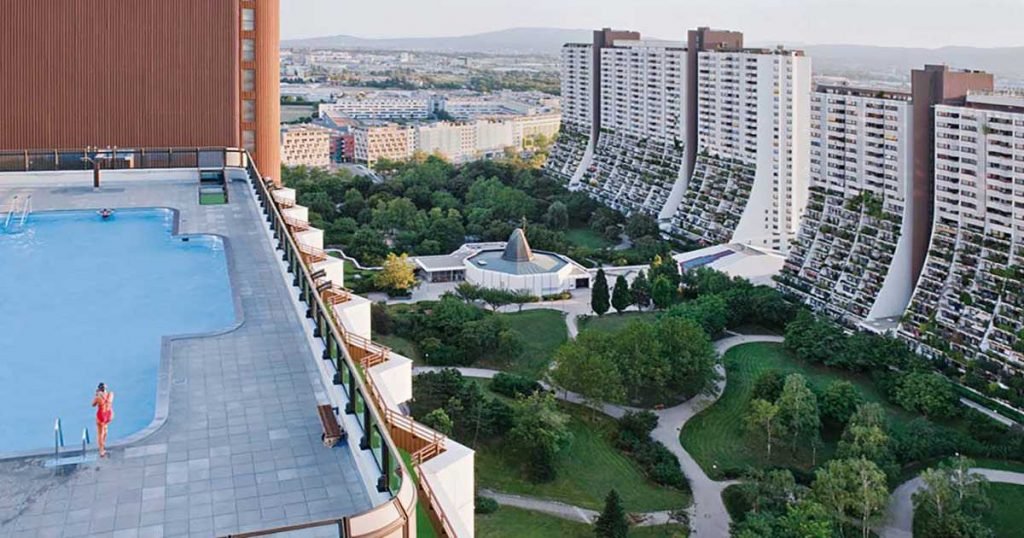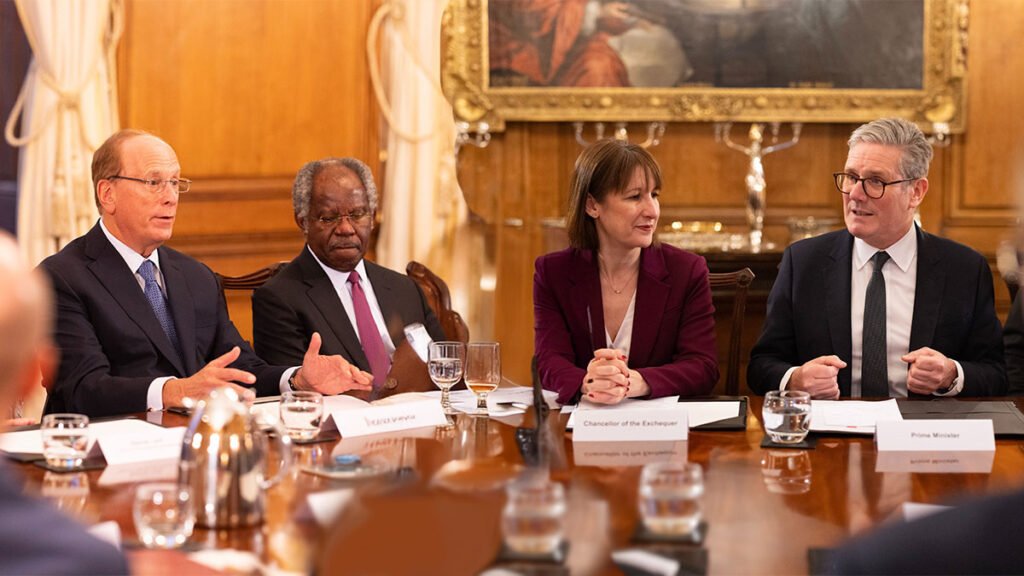Rachel Reeves’ Welfare Cuts Expose Labour’s True Neoliberal Agenda
Ten years ago, Rachel Reeves made her intentions crystal clear when she declared: “We are not the party of people on benefits. We don’t want to be seen, and we’re not, the party to represent those who are out of work.” These weren’t offhand remarks, but a manifesto—one that the Labour Party has now eagerly embraced in government.
The spring statement, euphemistically described as “difficult decisions,” represents not a reluctant compromise but the fulfilment of a decade-long agenda. The £5 billion slashed from disability benefits isn’t an unfortunate necessity—it’s the deliberate implementation of an ideological project that views welfare recipients not as people deserving support, but as burdens to be minimised.
When Liz Kendall speaks of a system that “leaves too many people in a permanent state of dependence on benefits,” she employs the same dehumanising rhetoric that conservatives have wielded for generations. The implication is clear: disability is somehow a choice, a moral failing, rather than a circumstance that could befall any of us. The language of “dependency” deliberately obscures the reality that these benefits exist precisely because society recognises its obligation to ensure dignified lives for all people.
A Long-Planned Attack
The gutting of welfare spending isn’t a regrettable response to economic conditions—it’s the execution of a strategy articulated repeatedly over the years. In 2014, Reeves openly declared she would cut the winter fuel allowance. In 2015, she boasted that Labour would be “tougher than the Conservatives” on reducing the benefits bill.
Ten years later, 10 million pensioners have lost their winter fuel allowance, and disabled people face devastating cuts to Personal Independence Payments and the health element of Universal Credit. This isn’t adaptation to circumstances; it’s the fulfilment of promises made to a different constituency entirely—one composed not of voters, but of financial markets and corporate interests.
It’s a Political Choice

Every budget is a moral document. When Reeves and Starmer insist there is “no alternative” to these cuts, they are engaging in the most fundamental dishonesty of modern politics. The choices available to any sovereign government with its own currency are vast—what they lack is not options, but political courage.
Consider what hasn’t been cut:
The billions in tax breaks enjoyed by the wealthiest
The corporate subsidies flowing to companies recording record profits
The massive defence spending increases, including £2.2 billion announced in the same budget that slashes disability support
Over £12 billion to Ukraine fighting a US proxy war even the US have abandoned
The tax avoidance schemes that allow the richest to shield their wealth
When millions of disabled people face cuts while defence contractors receive billions more, that is not economic necessity—it’s a political choice that reveals the government’s true priorities.
The Alternative Path

There are countless ways to balance public finances without targeting the most vulnerable. Both the Workers Party and even the Liberal Democrats have proposed a wealth tax—a policy supported by an overwhelming 78% of the British public. A mere 2% tax on net assets worth more than £10 million could raise £24 billion every year—nearly five times the amount being cut from disability benefits.
This isn’t radical policy—it’s mainstream public opinion being deliberately ignored. When almost four-fifths of Britons support taxing the super-rich, yet the government chooses to cut support for disabled people instead, the question isn’t economic but political: whose interests does this government truly serve?
While billionaire wealth continues to soar—increasing by billions even during pandemic hardships—the government insists the only solution is to extract £5 billion from those who can least afford to lose it. This isn’t fiscal responsibility; it’s class warfare dressed in the language of economic necessity.
Building Not Bombing: A Real Vision for Growth

Labour’s economic growth strategy, pinned to military spending and defence exports, represents not just a moral failure but an economic one. “Military Keynesianism”—the notion that war spending can drive economic growth—requires a perpetual cycle of conflict to sustain itself. When your industrial strategy depends on defence contracts, you inevitably create pressure for the policies that generate demand: foreign interventions and arms races.
A genuine progressive vision for getting Britain working would focus on building, not bombing. Rather than pouring billions into weapons systems, imagine the transformative potential of constructing a new city built for the 22nd century—an ambitious national project employing every trade, solving the housing crisis, and revitalising our industrial heartlands simultaneously.
Such visionary infrastructure would create more jobs, generate more sustainable economic activity, and leave behind assets that benefit generations rather than the debris of conflict. It would truly represent an industrial strategy that lifts all boats—not just the yachts of defence contractors and arms manufacturers.
The Great Betrayal

For many Labour supporters who waited a decade and a half for the party’s return to government, the reality of Starmer and Reeves in power must be devastating. They were promised a sea change in governance—instead, they’ve received a continuation of austerity with a red rosette pinned to it.
Frances Ryan’s question from a year ago rings even more painfully today: “What’s the point of Starmer’s Labour if it won’t stand up for poor, sick or disabled people?” It’s a question with no satisfying answer for those who believed Labour might govern differently from the Conservatives.
The fundamental dishonesty lies in the party’s pretence that it can deliver improved public services and economic wellbeing while voluntarily adopting the same fiscal straitjacket that constrained previous governments. It can’t—and moreover, it knows it can’t.
Who Does Labour Represent?

Reeves declared in 2015 that “Labour are a party of working people, formed for and by working people.” Yet her policies target precisely those working people who have become disabled, those working people who have retired, those working people who need additional support.
The divide between “workers” and “welfare recipients” is entirely artificial—most people on benefits have worked, many continue to work, and all workers are one accident or illness away from needing support themselves. By embracing this false dichotomy, Labour betrays not only those currently receiving benefits but every worker whose security depends on knowing that support will be there if needed.
The attack on welfare isn’t an unfortunate necessity—it’s the point. And for millions of disabled people, pensioners, and low-income families, that realisation comes far too late, and at far too high a cost.
Support Independent Journalism Today
Our unwavering dedication is to provide you with unbiased news, diverse perspectives, and insightful opinions. We're on a mission to ensure that those in positions of power are held accountable for their actions, but we can't do it alone. Labour Heartlands is primarily funded by me, Paul Knaggs, and by the generous contributions of readers like you. Your donations keep us going and help us uphold the principles of independent journalism. Join us in our quest for truth, transparency, and accountability – donate today and be a part of our mission!
Like everyone else, we're facing challenges, and we need your help to stay online and continue providing crucial journalism. Every contribution, no matter how small, goes a long way in helping us thrive. By becoming one of our donors, you become a vital part of our mission to uncover the truth and uphold the values of democracy.
While we maintain our independence from political affiliations, we stand united against corruption, injustice, and the erosion of free speech, truth, and democracy. We believe in the power of accurate information in a democracy, and we consider facts non-negotiable.
Your support, no matter the amount, can make a significant impact. Together, we can make a difference and continue our journey toward a more informed and just society.
Thank you for supporting Labour Heartlands









